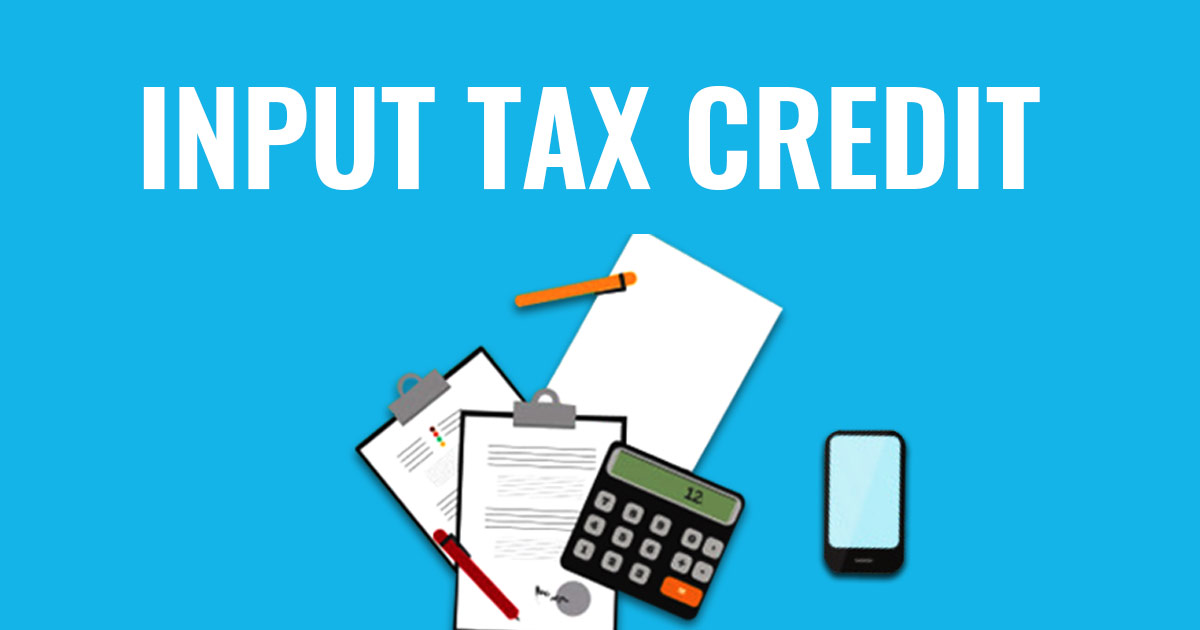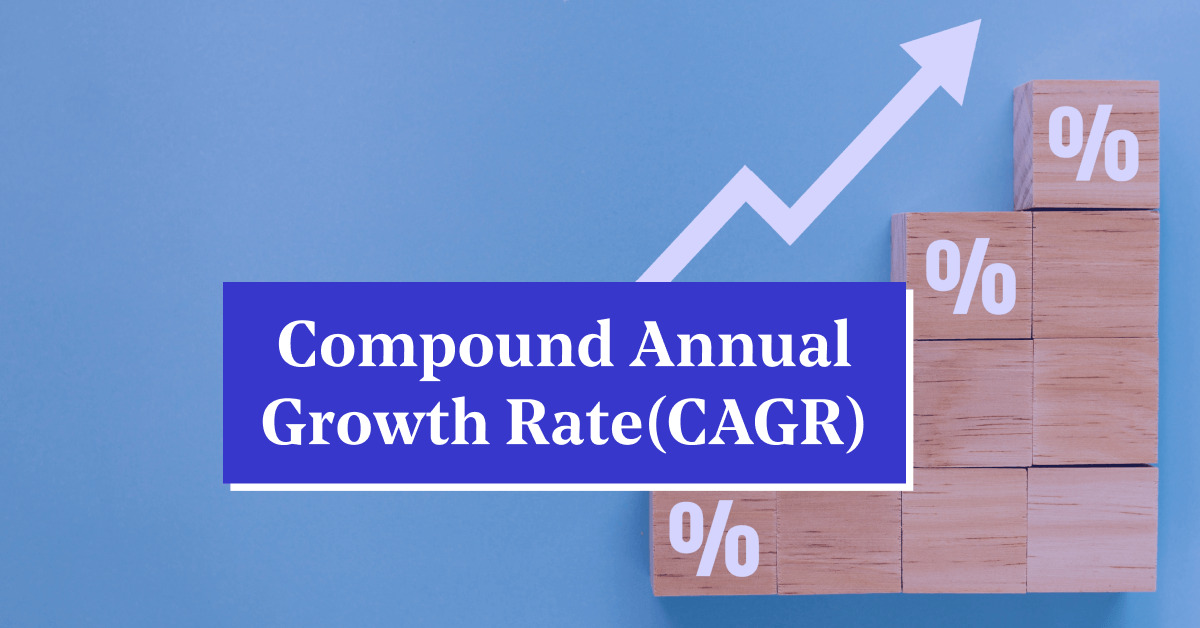What Is Income Tax Slab And Its Role In Your Investment?

Strong 8k brings an ultra-HD IPTV experience to your living room and your pocket.
Income tax is a critical aspect of personal finance for every earning individual, determining the annual tax liability based on one's income bracket. Understanding the concept of income tax slabs and how they impact investments can help in effective financial planning.
Income tax is a direct tax levied by the government on an individual's or entity's income. In most countries, the amount of tax depends on how much money a person earns, following a progressive structure where higher earnings attract higher tax rates. Income tax applies to wages, salaries, business profits, and other income sources. Governments use these taxes to fund public services such as education, healthcare, and infrastructure. Individuals and businesses must file annual tax returns, declaring their income and calculating the tax due. Tax systems often provide deductions and exemptions to reduce the taxable income.
Income Tax Slab for FY 2024-25
The income Tax Slab for FY 2024-25 refers to the structured divisions or thresholds set by the government that outline the rate of tax applicable to different ranges of income. Under the taxation system in India, tax payers are categorized based on their annual income, and each category, or slab, is subjected to a different tax rate. For the fiscal year 2024-25, these slabs help determine the tax a taxpayer owes, ensuring that those with higher earnings pay a higher percentage in taxes.
The role of the Income Tax Slab for FY 2024-25 stretches beyond mere tax calculation. It deeply influences an individual's investment decisions and strategies. For instance, individuals falling in the higher income tax brackets might seek investment options that offer tax deductions and exemptions to reduce their taxable income. Section 80C of the Income Tax Act, 1961, allows deductions up to ₹1.5 lakh for investments in specific financial instruments like Public Provident Fund (PPF), Employee Provident Fund (EPF), National Savings Certificates (NSC), and more.
To understand the impact, consider two taxpayers:
Taxpayer A with an income of ₹10 lakh and Taxpayer B with an income of ₹25 lakh. According to the Income Tax Slab for FY 2024-25, Taxpayer A falls in the 10-15% tax bracket, owing a lesser percentage of tax, leaving more room for investments. On the other hand, Taxpayer B falls in the 30% tax bracket and would benefit significantly from tax-saving investments, potentially reducing their overall tax liability and increasing their net savings and investment corpus.
Additionally, understanding tax slabs helps with smarter investment choices and leveraging tax-saving benefits, such as life insurance premiums and home loan interest payments, to optimize finances. For example, investing in a PPF offering tax-free interest can be an excellent strategy for those in higher tax brackets.
Disclaimer:
The role of income tax slabs in investment decisions is significant, and while this article provides a broader understanding, investors must gauge all the pros and cons of trading in the Indian financial market. Consulting a financial advisor or tax professional for personalized advice is recommended to maximize benefits based on individual financial situations and goals. You need to get all the information about mutual funds before investing in.
Note: IndiBlogHub features both user-submitted and editorial content. We do not verify third-party contributions. Read our Disclaimer and Privacy Policyfor details.







